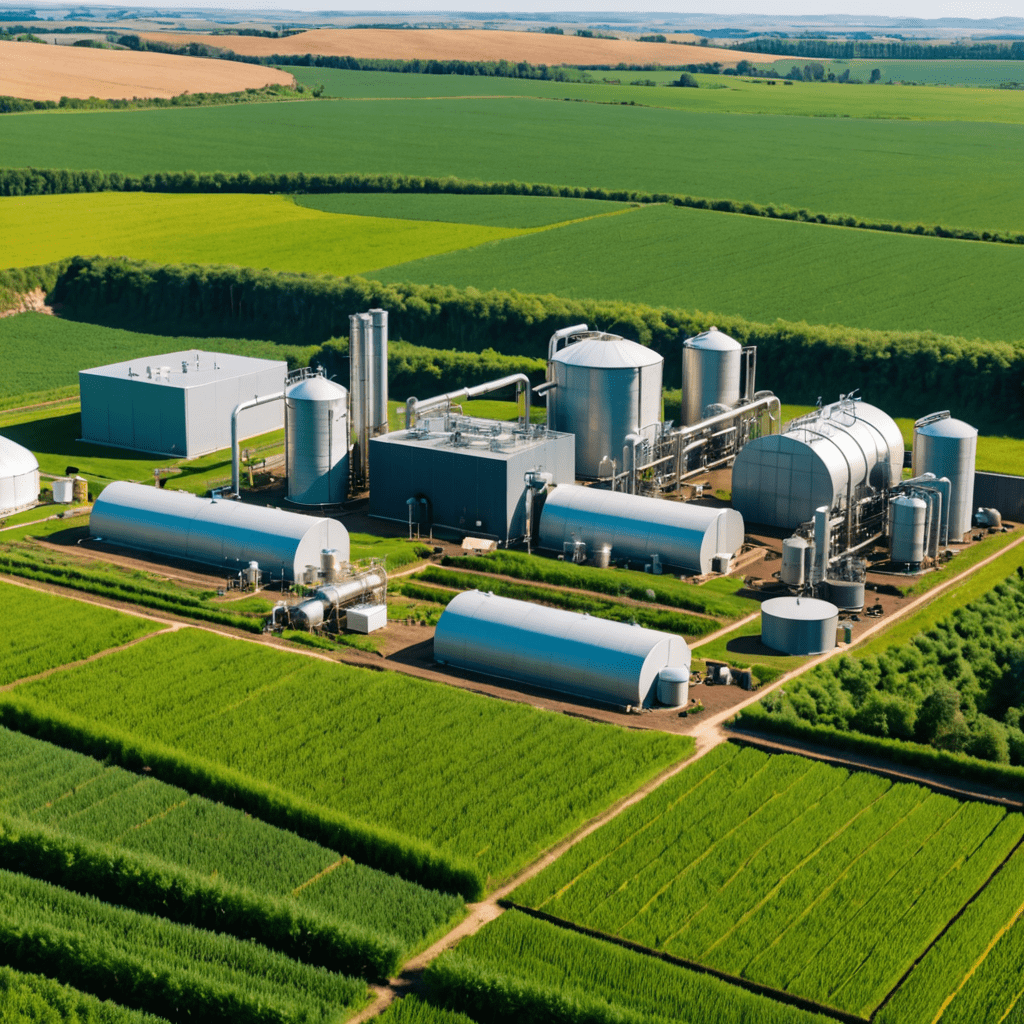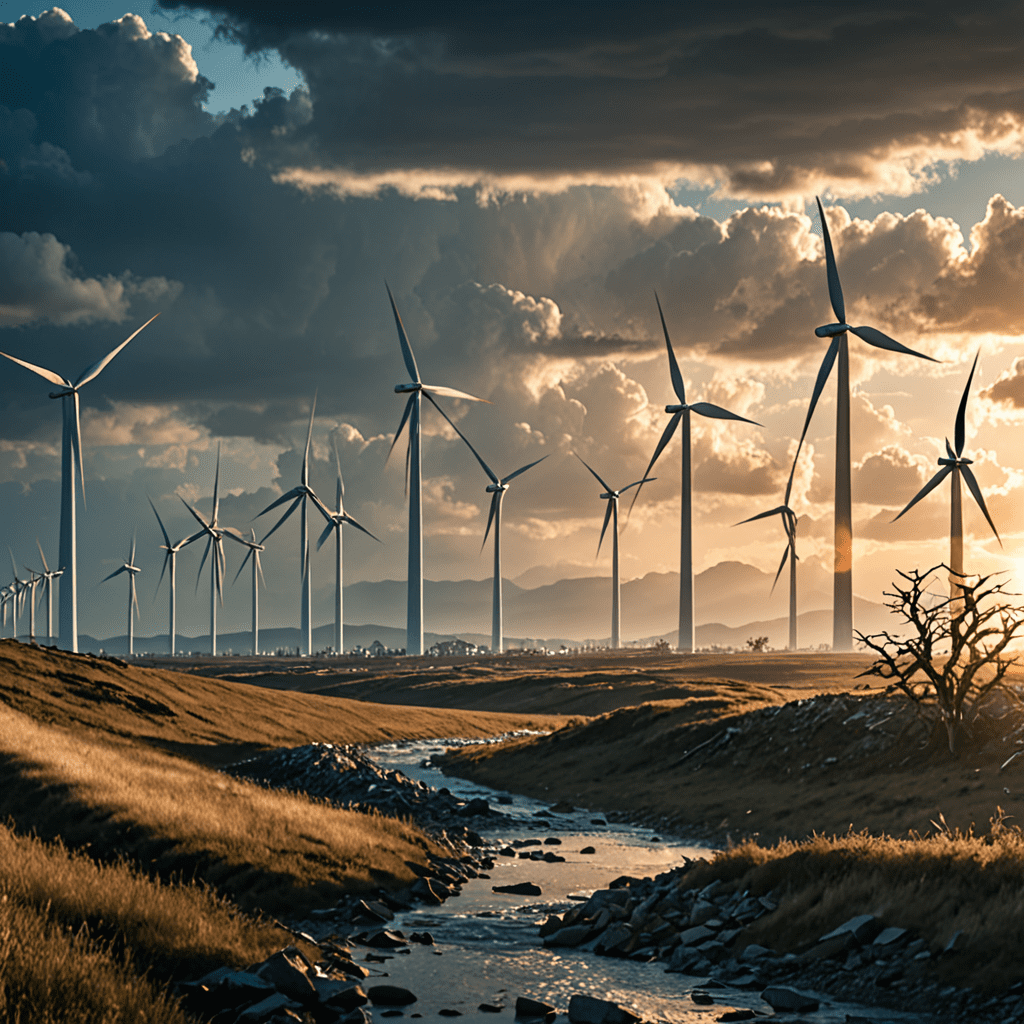
The Role of Biogas in Biomass Energy Production
Introduction to Biogas
Biogas is a renewable energy source produced through the anaerobic digestion of organic matter such as agricultural residues, food scraps, and animal waste. This process breaks down the organic material into biogas, primarily composed of methane and carbon dioxide. Biogas has gained significant attention as a sustainable alternative to fossil fuels.
The Significance of Biomass Energy Production
Biomass energy production involves utilizing organic materials to generate heat, electricity, or biofuels. It plays a crucial role in reducing greenhouse gas emissions and promoting energy independence. Biogas, derived from biomass, is a versatile and eco-friendly energy source with various applications.
Biogas as a Sustainable Energy Solution
One of the key advantages of biogas is its renewable nature. By utilizing organic waste that would otherwise decompose and release methane into the atmosphere, biogas production helps in reducing greenhouse gas emissions. Additionally, the residue from the anaerobic digestion process can be used as nutrient-rich fertilizer, closing the loop on waste management.
Benefits of Biogas in Biomass Energy Production
Biogas plays a vital role in decentralizing energy production, allowing communities and industries to become more self-sufficient. It provides a reliable source of energy that can be used for heating, electricity generation, and even as a vehicle fuel. Moreover, biogas production helps in waste management by diverting organic waste from landfills, thereby reducing methane emissions.
Applications of Biogas in Various Sectors
Biogas can be utilized in a wide range of sectors, including agriculture, wastewater treatment plants, and households. In agriculture, biogas can power machinery, heat buildings, and provide electricity. Wastewater treatment plants can use biogas to meet their energy needs and reduce operational costs. At the household level, biogas can be used for cooking and heating.
Challenges and Future Prospects
Despite its many benefits, biogas production faces challenges such as high initial investment costs, technological complexities, and feedstock availability. However, ongoing research and advancements in biogas technology are continuously improving efficiency and driving down costs. The future looks promising for biogas as an integral part of the renewable energy mix.
Conclusion
In conclusion, biogas plays a significant role in biomass energy production by harnessing the energy potential of organic waste. Its sustainable nature, versatility, and multiple applications make it a valuable renewable energy source. As we strive towards a greener and more sustainable future, biogas stands out as a key player in the transition to a low-carbon economy.
FAQ About the Role of Biogas in Biomass Energy Production
What is biogas and how is it produced?
Biogas is a renewable energy source produced by the breakdown of organic matter in the absence of oxygen. It is typically generated through a process called anaerobic digestion, where microorganisms break down biomass such as animal manure, food scraps, and agricultural waste.
How does biogas contribute to biomass energy production?
Biogas plays a vital role in biomass energy production by converting organic waste into a valuable energy resource. When biogas is captured and collected, it can be used as a clean and sustainable fuel for generating electricity, heating, and powering vehicles.
What are the environmental benefits of utilizing biogas in biomass energy production?
Utilizing biogas in biomass energy production helps reduce greenhouse gas emissions and mitigates climate change. By capturing methane (a potent greenhouse gas) released during organic waste decomposition, biogas production helps offset the reliance on fossil fuels and promotes a circular economy approach to waste management.
How does biogas compare to other renewable energy sources?
Biogas stands out as a versatile and reliable renewable energy source that offers benefits beyond traditional biomass sources like wood or crop residues. It provides a continuous and controllable energy supply, making it a valuable complement to intermittent sources like solar and wind


